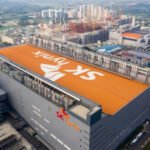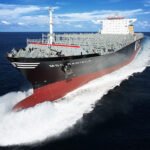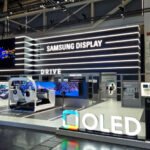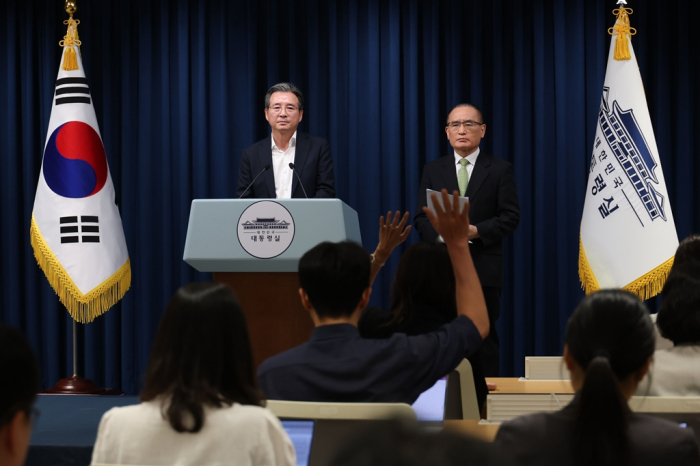
South Korea’s negotiations with the US over the launch of a $350 billion US investment fund has made little progress, a senior presidential official said on Tuesday, warning that the deadlock could derail its contribution to revitalizing the US shipbuilding sector.
Kim Yong-beom, presidential chief of staff for policy, said at a forum hosted by the Korea Broadcasting Journalists Club that the government will not rush into an agreement with Washington on details over the fund’s launch merely to secure lower tariffs on automobiles.
Under the tariff deal reached with Washington in July, Seoul pledged to create a $350 billion fund to invest in the US.
Of the total, $150 billion was earmarked for projects tied to the Make American Shipbuilding Great Again (MASGA) initiative. The shipbuilding fund played a central role in their tariff agreement.
“We are addressing to the US side that the question of how to raise $350 billion in the foreign exchange market and operate it must be addressed as a priority,” Kim said during the forum.
The presidential policy chief added that Seoul is seeking cooperation from Washington to mitigate potential shocks from the fund creation to the domestic foreign exchange market.
“Without an agreement between the two countries, our MASGA project will be difficult to launch,” he said.
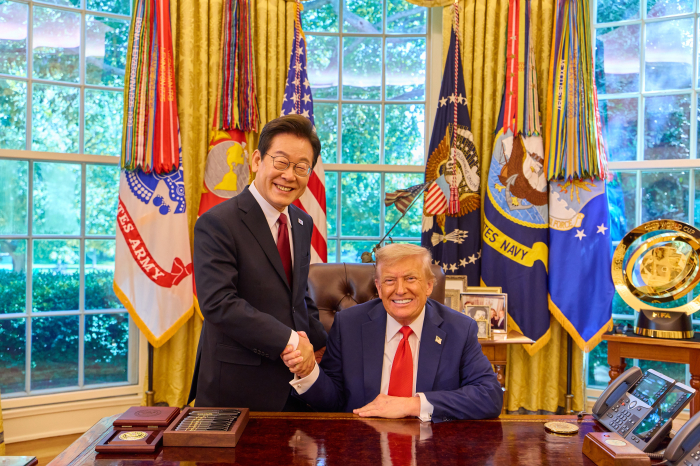
PRESSURE TO LAUNCH $350 BN FUND?
His remarks come after the US immigration agents last week raided the construction site of an electric vehicle battery joint venture between Hyundai Motor Co. and LG Energy Solution Ltd. in Georgia and detained 475 employees, including 300 Koreans, mostly LG Energy staff, at a detention center in Folkston.
The US Immigration and Customs Enforcement (ICE) alleged that many of those detained were fraudulently using visitor visas to work at the site.
However, South Korean business analysts saw the surprise raid as US pressure on Seoul to formalize the $350 billon fund.
In the wake of the detention of 300 Korean nationals, at least 22 other factory sites involving Korean business groups, in autos, shipbuilding, steel and electrical equipment, have been nearly halted, according to sources with knowledge of the matter on Monday.
TARIFF CUTS ON JAPANESE CARS FROM SEPT. 16
The raid by the US authorities on the Hyundai-LG Energy JV came just as US President Donald Trump signed an executive order to cut tariffs on automobiles imported from Japan to 15% from 27.5%. The executive order is expected to take effect on Sept. 16.
However, the US continues to impose a 25% tariff on South Korea-made automobiles.
Korean automakers may remain at a competitive disadvantage over Japanese rivals in the world’s largest market.
“We cannot rush into an agreement to narrow the tariff gap in the auto industry, given its significant shock to the broader economy,” the presidential policy chief noted.
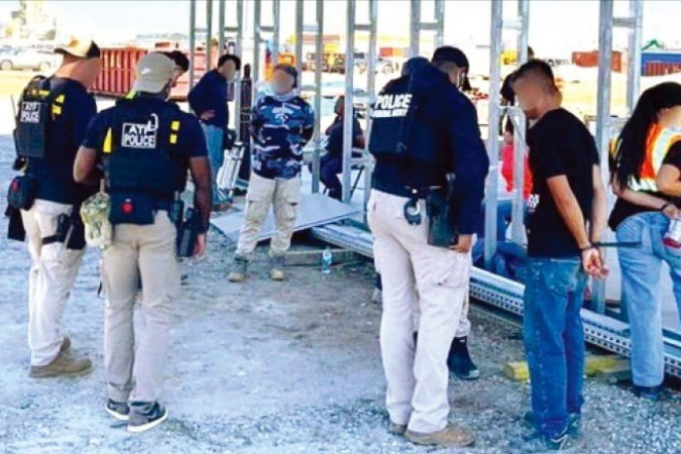
NO CONSIDERATION OF DIFFERENCES BETWEEN KOREA AND JAPAN
Kim said the draft US trade agreement terms presented to South Korea and to Japan are not significantly different.
He pointed out that the terms did not reflect the differences in economic scale and foreign exchange market conditions between the two countries, adding: “No Korean citizen could reasonably support signing that draft as it is.”
The Japanese yen is a reserve currency and Japan’s foreign exchange reserves are three times larger than South Korea’s. Japan also maintains an unlimited currency swap arrangement with the US.
By comparison, South Korea can mobilize up to $30 billion annually from the domestic foreign currency market. The ceiling is unlikely to rise without a currency swap agreement with the US.
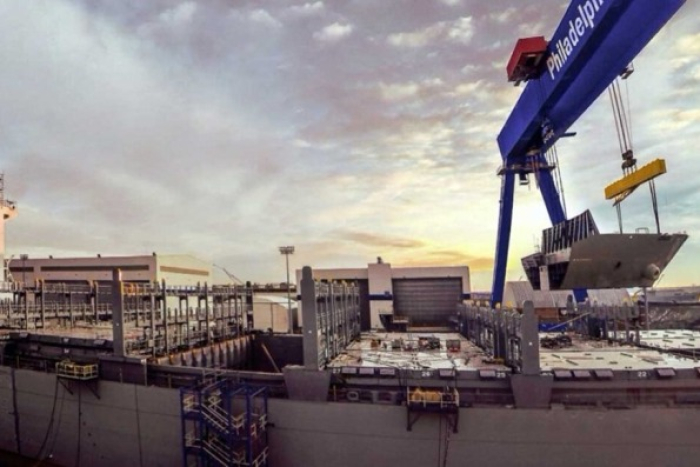
Last month, the summit between South Korean President Lee Jae Myung with Trump concluded in cordial atmosphere.
But it failed to yield a joint statement amid differencies over reducing US levies on Korean automobiles and autoparts from 25% to 15%, as well as over granting South Korea most-favored-nation (MFN) status.
The MFN status will ensure South Korean semiconductor and pharmaceutical products are subject to the same tariff rates as those from Europe and Japan.
DEPORTATION OF KOREAN WORKERS
On Monday, Kristi Noem, secretary of US homeland security, said foreign workers detained in last week’s immigration raid in Georgia will be “deported,” even as Seoul is negotiating with Washington to allow hundreds of South Korean nationals to return home under “voluntary departure.”
By Hyung-Kyun Kim and Ri-Ahn Kim
kkk@hankyung.com
Yeonhee Kim edited this article.

